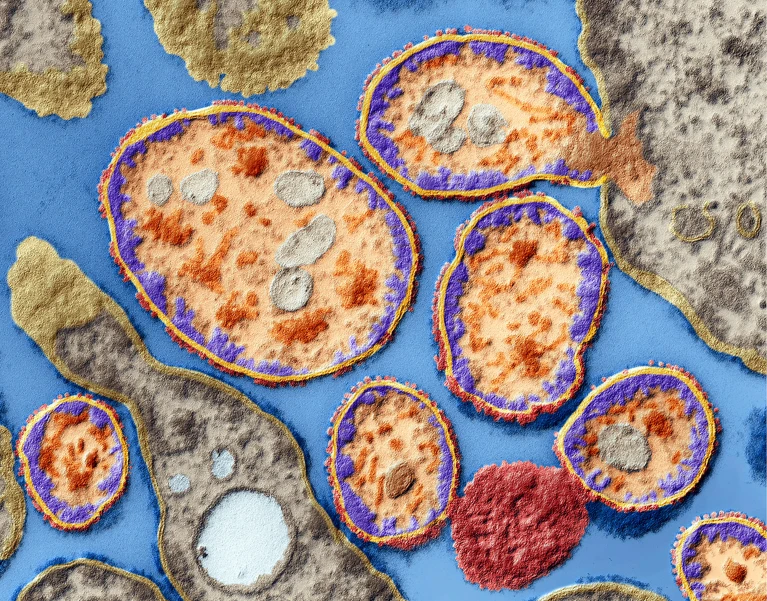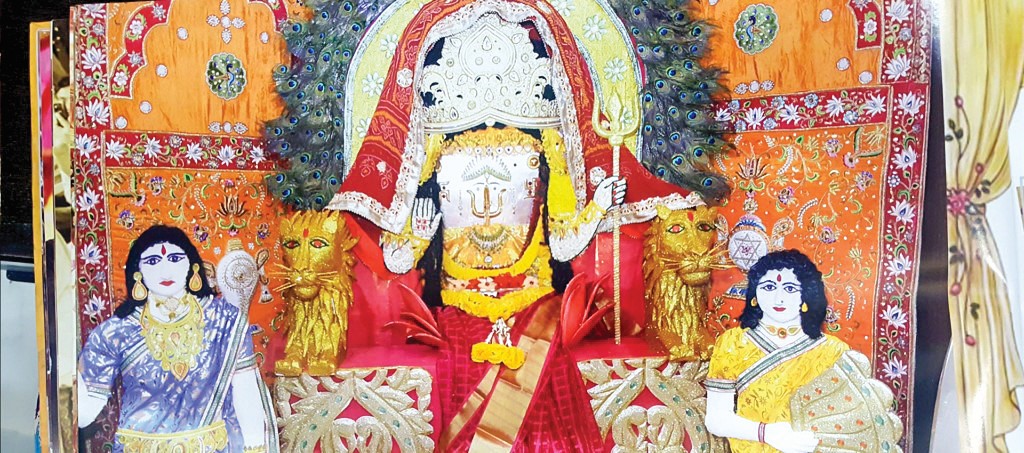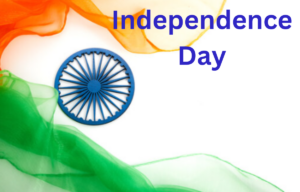India that is Bharat.
Bharat that is Bharatvarsh.
Values standing test of time.
Timeless,ageless,infinite layers.
Like the petals of a lotus flower.
India, a young nation created in modern times, has never faced an existential crisis. It was always the hordes of plunderers, fleets of buccaneer merchants, and those enticed by the alluring charm of its truthful, trusting, and liberal philosophy who flocked to this ancient land of wit, wisdom, and wealth.
The air, water, and earth of Bharat welcomed all who came to seek shelter, knowledge, or a living. This was largely due to the large-heartedness and openness of its broad-minded people, coupled with the fire in their limbs and a fiery spirit of valor, tempered with kindness and ethics. However, not all who came seeking refuge or greener pastures were grateful souls. Some destroyed the moral fabric carried through Satyuga, Tretayuga, and Dwaparyuga in this Kaliyuga, creating quislings, traitors, moles, sleeper cells, and other anti-social elements in a plural society. Naturally, this has transformed into a Dharmayudh—a battle for supremacy between evil forces and those committed to upholding righteousness.
On this Independence Day, it is our onerous responsibility and bounden duty to checkmate anti-national forces through effective laws, honest enforcement, and good governance. This is the litmus test of nationalism. Merely waving a flag or standing at attention for the national anthem is not enough to end social ills. If we are to carve a new India, the ethos of oneness and equality must be respected. The first step in this direction is the enactment of a Common Civil Code. Next, existing laws must be adjusted in various ways to improve the quality of life for every citizen. The perennial tussle between the three arms of government in a people’s democracy must end. Cooperation rather than confrontation, coordination instead of one-upmanship, should override individual prejudices and biases, whether based on man-made castes, creeds, religions, ideologies, or groupism. Morality must be instilled in school-going children. Youth power, in and outside of colleges, must be harnessed to create an awakened community of Indians that the rest of the world would look up to—just as the sunflower dazzles when the sun rises in the east.
A sense of direction and purpose has already been given by the Preamble to the Constitution of India. Its avowed goals are justice—political, social, and economic. Better teaching standards in the fields of law, medicine, policing, administration, and industrial management are the need of the hour. India abounds in both talent and human resources. Skills exist and need to be nurtured. More jobs must be generated to end the debilitating social burden of sops, job reservations, and subsidies based on irrational beliefs of perpetual ostracization, discrimination, and allegiance to a certain political ideology. The ennui that has crept into our great country should exit, but it should not turn into euphoria or a false sense of happiness. Real-time benefits for the hard efforts put in by millions of people every day should manifest in higher purchasing power, more scientific thinking in urban development, and higher support for reversing the trend of migration from rural areas to cities and towns that have mushroomed without adequate infrastructure to provide basic amenities like proper sanitation, drainage, water, and electricity. The nexus between tax evaders and a corrupt bureaucracy—including a crippled criminal justice system—must be broken. This is possible through greater public participation in socially useful productive work. Creating awareness in the general public through a positive mass movement (more at the grassroots level and less through social media marketing) will go a long way in instilling a sense of happiness, confidence, and direction in a lost generation. The masses will rise like a huge tidal wave and douse divisive tendencies with the fear of retribution and punishment under the law. All this is both possible and urgently needed to navigate the confusion, chaos, and resentment faced by everyone on multiple fronts.
Bharatvarsh will not be about nomenclature, nor will freedom remain an anachronism. Discontent will subside, and murmurs of approval will replace the cacophony of today’s society. The challenges of the seven-decade itch must be addressed promptly, not necessarily by those in power but by the literati and soldiers of civil society. We have been a great civilization, and our ancient culture reflects the soul of our religion—Hindutva, Universalism, or Humanity. Perverse interpretations of the scriptures, compounded by the arrogance and superiority complex exhibited by some elements in governance, have made contemporary India vulnerable to mass invasive means such as brainwashing through paid media channels and deep fake narratives spun by vested interests.
Life is a blessing. It must not be wasted away. One must not lead life as driftwood or a vagabond. Respect flows upwards, and love flows downwards. This is the essence of Indian philosophy. Everything else is a distortion or deviation from the truth, aimed at destroying awareness, conscience, and good judgment. Personal values form the core of integrity and the ability to bring about integration among alienated sections and marginalized communities of the country. Each one of us can become a beacon of hope and light to those lost in the darkness of ignorance or the abyss of despair, frustration, and regret. So, may every Indian rise, awaken, and awaken the lions who are lost in the slumber of lambs. A new India must no longer remain a euphemism. It can be made in no time. The will of the Constitution of India in its sublime form must be respected.
There must no longer be illiterate leaders, semi-literate administrators, or corrupt judges presiding over the fate and lives of one hundred fifty billion Indians. Yes, I would reckon all people of Indian origin as well as foreigners who look up to our civilizational presence are to be catered to by our live-and-let-live manifesto for mankind. We never wage war, but if any evil power attempts to drag us into one, rest assured our brilliant armed forces will end the war with a brave victory. India has been a Vishwaguru ever since the advent of river-valley civilizations.
Jai Hind!













